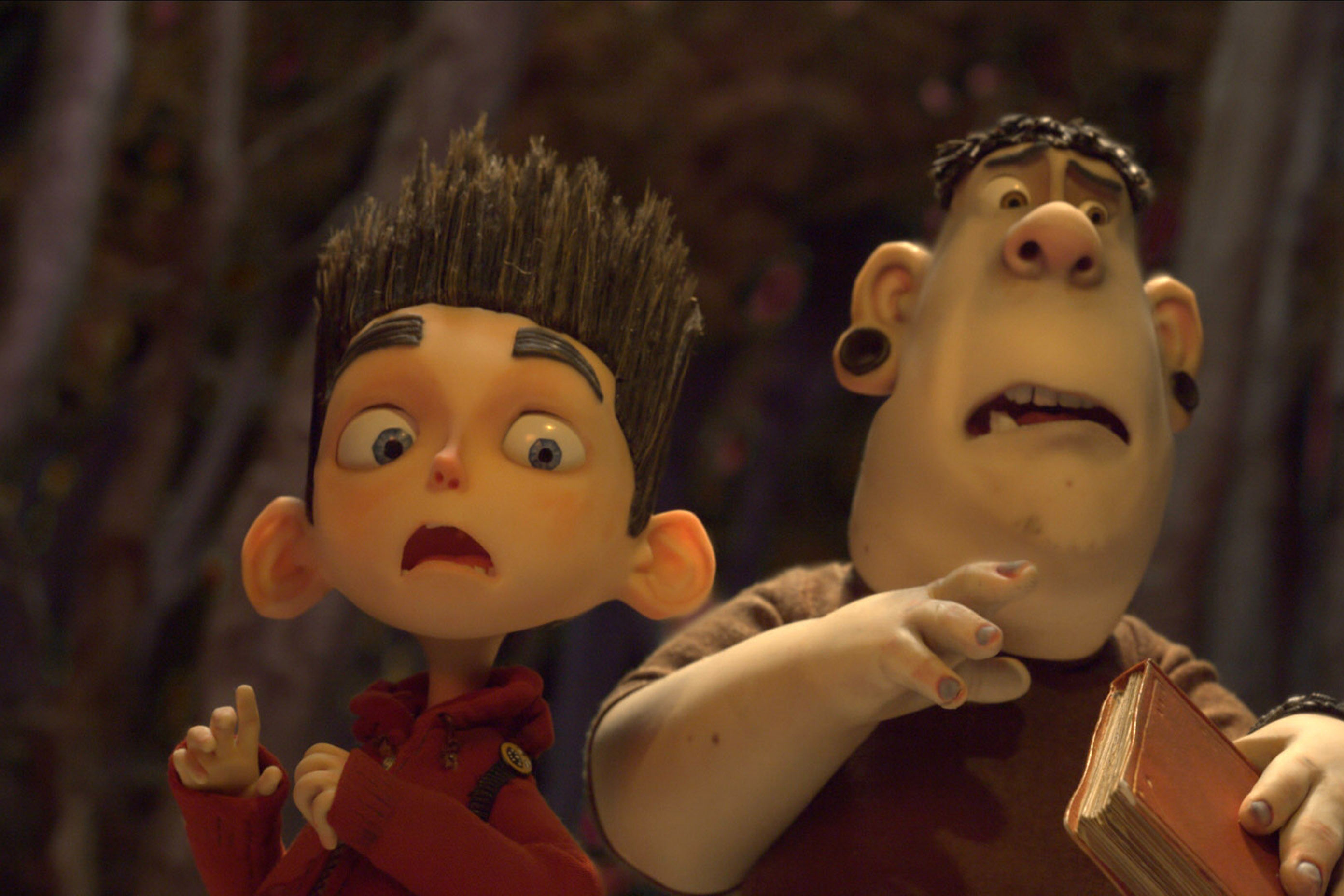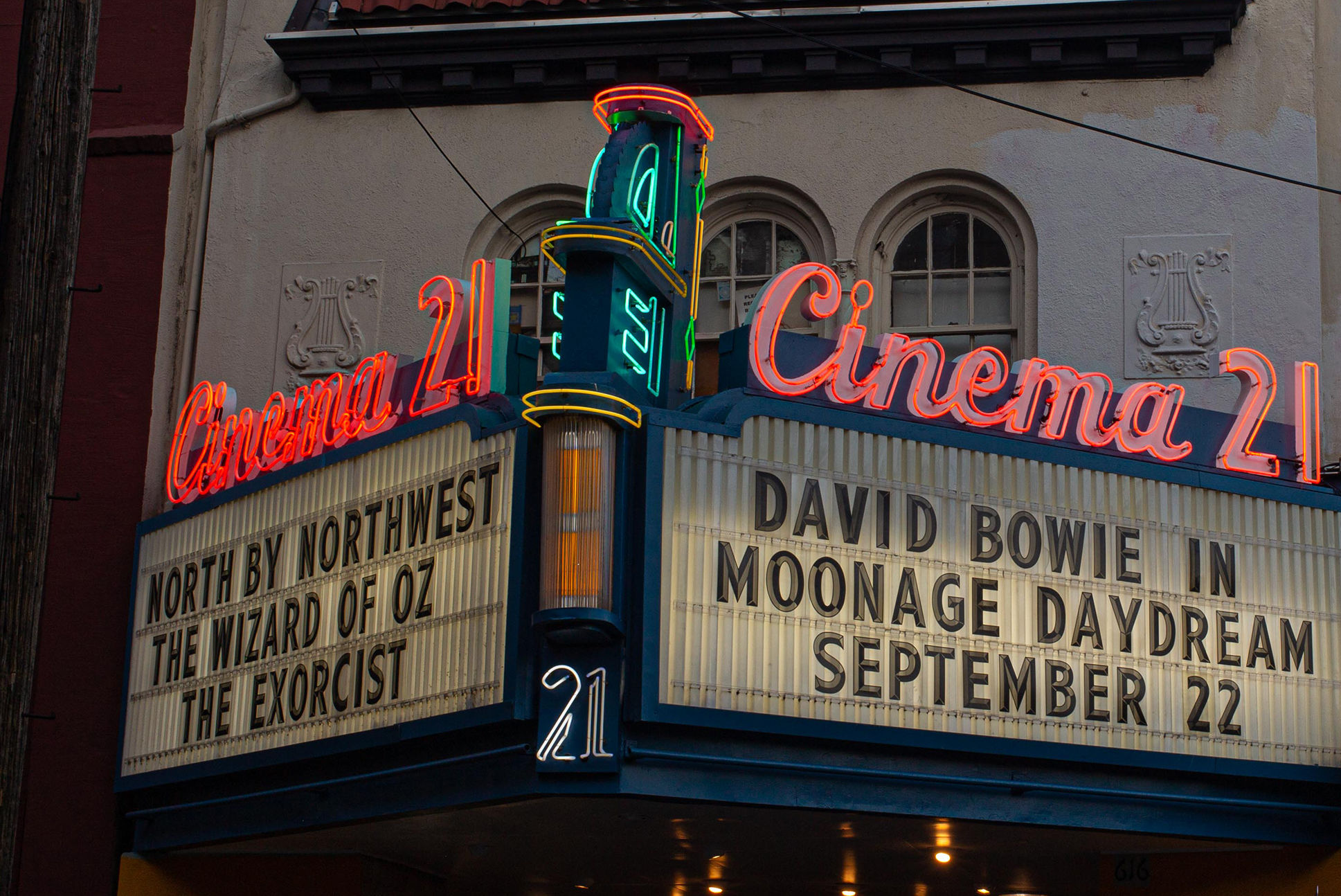What Might the Future of Live Music Look Like in Portland?
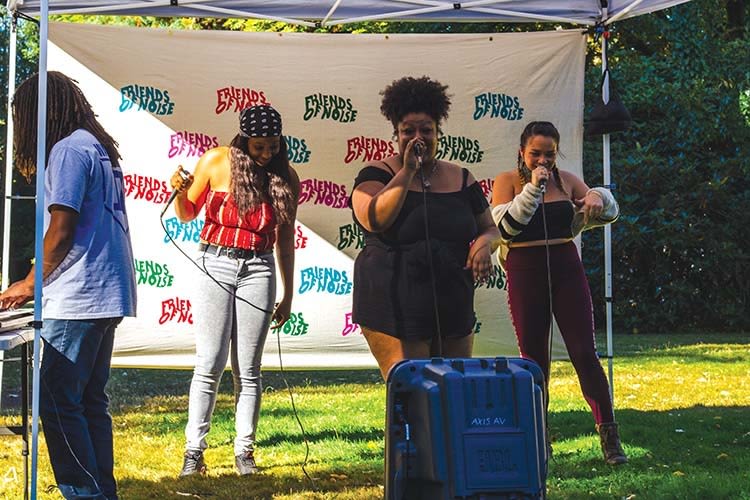
Sotaè, Veana Baby, and Rain Ezra performing at Columbia Park.
Last summer, after Congress introduced the Save Our Stages Act to create grants for shuttered music venues, fans across the country wrote 2.1 million letters to their representatives asking them to support the bill. The National Independent Venue Association tallied the number of letters from specific jurisdictions, and the result? Oregonians wrote more than anyone else in the country. While the Oregon Shakespeare Festival received the largest grant from the $50 million in federal CARES Act funds distributed in the state, Portland music venues also saw a solid chunk of that money.
“Portland is a music city. Nashville didn’t come through and write millions of letters to their representatives,” says Jim Brunberg, co-chai of NIVA and co-owner of Revolution Hall and Mississippi Studios (with just a little exaggeration). “Portland did.”
Now, with COVID keeping venues closed for the foreseeable future, some local experts say the Portland music scene has an opportunity to revisit its priorities when the pandemic ends. The major theme? Loop in young people, and center talent.
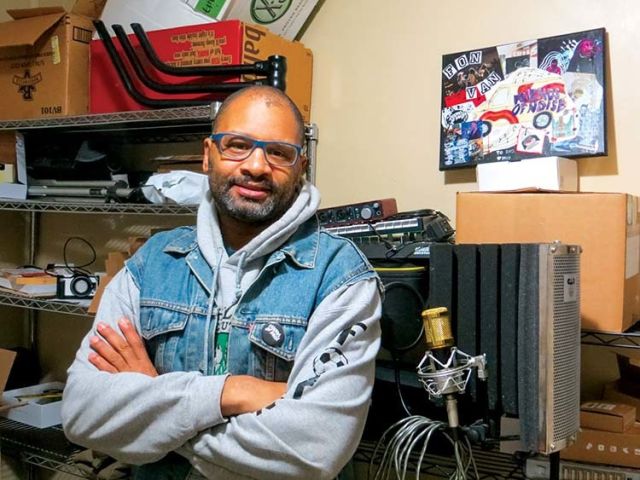
André Middleton
Image: Courtesy André Middleton
In 2015, André Middleton founded Friends of Noise, an organization that hopes to create an all-ages venue centered on young musicians and sound engineers. Last summer, Friends of Noise lobbied the city for CARES funding to create such a venue. It didn’t work out, as funds were already spoken for. Instead, the organization, which in pre-COVID times ran music business and sound engineering workshops for teenagers, has continued to act as a sort of talent agency for emerging musicians. Over the summer, it produced six concerts at local parks featuring young talent (all of whom the organization paid) and did pro bono sound production for about 20 Black Lives Matter protests in the metro area.
There are currently no small all-ages venues in the city. One of the barriers to keeping these clubs open is the labyrinth of rules that regulate alcohol sales in Oregon. Larger venues, like the Roseland and the Crystal Ballroom, have often struck a compromise where adults could buy alcohol if they stood in a specific area. But Middleton argues the business model of most venues, where alcohol sales are a profit center and the entertainers just a hook to draw people in, is fundamentally flawed.
“I would love it if Portland could have an arts venue where the sale of alcohol was secondary to creating a venue for the enjoyment of the artists,” Middleton says.
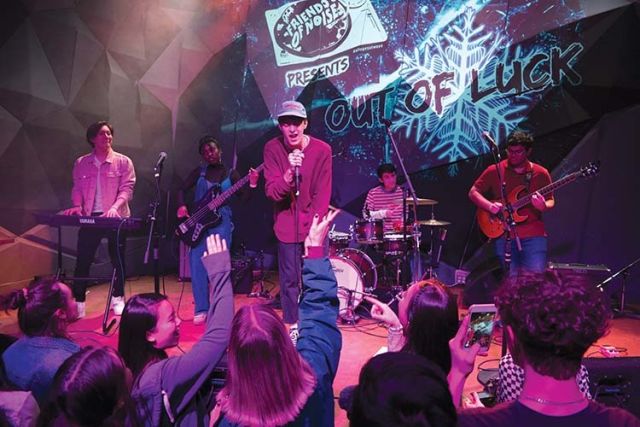
Out of Luck performing at Holocene
Image: Courtesy Akiva Henig
One option is a public-private partnership, or a local tax subsidizing venues specifically. Ultimately, Middleton wants to open a community venue in East Portland led by musicians color. “Obviously people of color are part of the music ecosystem in Portland, but they don’t get the profits that it generates,” he says.
Meara McLaughlin, executive director of advocacy group Music Portland, says new music business models might include VIP events or subscription services. She also notes the Centers for Disease Control is telegraphing that live music events should have firmer start and end times to allow for cleaning, which could have the unintended benefit of making them more accessible to audiences young and old who need to get up early for work or school. And in the near future, she says, touring isn’t going to be a possibility, so all live music will be local. That means Portlanders need to take extra care to support the local scene. If our letter writing is anything to go on, there’s plenty of reason to believe we will.

